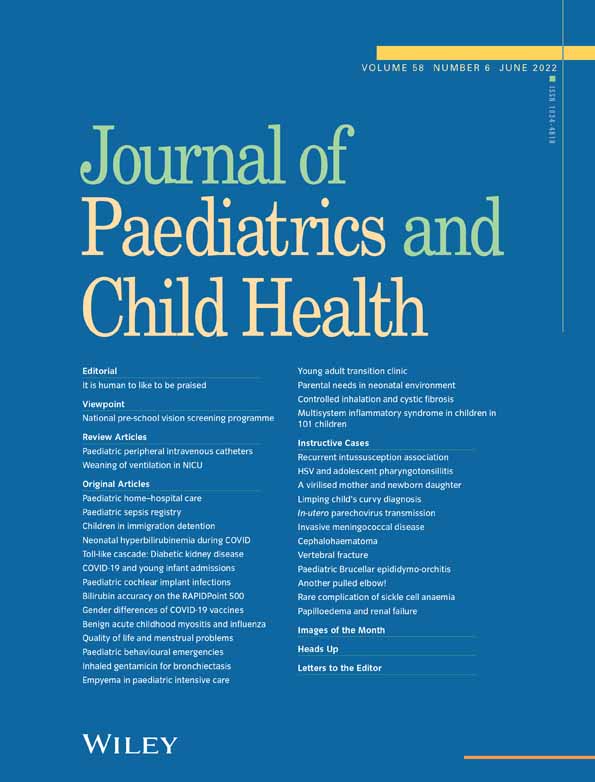Toll-like receptor inflammatory cascade and the development of diabetic kidney disease in children and adolescents with type 1 diabetes
Thamara R de Melo and Karla SC de Souza contributed equally to this work.
Conflict of interest: None declared.
Abstract
Aim
This study aimed to evaluate the association of toll-like receptor (TLR) inflammatory cascade with the development of diabetic kidney disease (DKD) in children and adolescents with type 1 diabetes (T1D).
Methods
A total of 49 T1D patients and 49 normoglycaemic (NG) subjects aged 5–20 years old were recruited. TLR2, TLR4, MYD88, NFKB, MCP1/CCL2 and IL18 mRNA expressions were measured in peripheral blood mononuclear cells by reverse transcription–quantitative polymerase chain reaction. Fasting glucose, glycated haemoglobin, serum urea, serum creatinine and urinary albumin-to-creatinine ratio (ACR) were determined.
Results
The mRNA expressions of TLR2, TLR4, MYD88 and NFKB were significantly increased in the T1D group compared with the NG group. The mRNA expression levels of MCP1/CCL2 and IL18 were higher in 21 T1D patients (42.9%) (average of MCP1/CCL2: 6.6-fold and IL18: 5.8-fold) than in NG patients. Furthermore, ACR was increased in the T1D group compared with the NG group.
Conclusion
The increased mRNA expression of TLR2, TLR4, MYD88, NFKB, MCP1/CCL2 and IL18 favours the development of an inflammatory process that may lead to a decline in renal function and consequently DKD in children and adolescents with T1D. This suggests that these genes are early mediators of onset DKD since the beginning of the lives of the paediatric T1D patients.




